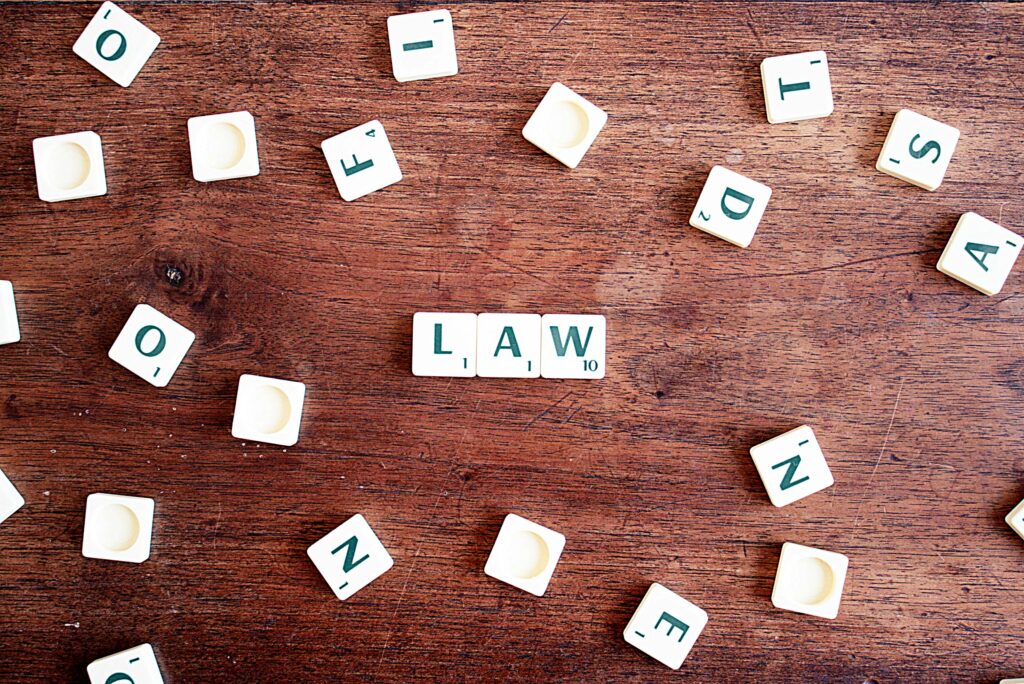
Perjury: The Crime of Lying Under Oath and Its Legal Consequences
Truth is the bedrock of justice. When someone deliberately distorts it under oath, the entire legal system trembles. Perjury—the act of lying while sworn to tell the truth—isn’t just a moral failing; it’s a felony with severe repercussions. From high-profile courtroom dramas to everyday legal proceedings, this offense strikes at the heart of judicial integrity. Those accused face not only public scorn but also prison time, fines, and a permanent stain on their record. For those entangled in such allegations, securing a robust defense against perjury charges in Los Angeles can mean the difference between freedom and ruin.
The Anatomy of Perjury
Perjury isn’t as simple as uttering a falsehood. It’s a meticulously defined crime with specific elements that must be proven beyond a reasonable doubt. First, the lie must be material—meaning it could influence the outcome of a legal proceeding. A trivial misstatement, like fibbing about one’s age, rarely qualifies. Second, the false testimony must be given under oath or in a sworn affidavit, where the speaker is legally bound to honesty. Lastly, intent is crucial. The liar must knowingly deceive, not merely misspeak or misremember.
Courts take this offense seriously because the justice system relies on truthful testimony. A single lie can derail an investigation, convict an innocent person, or let a guilty party walk free. The ripple effects are catastrophic.
Legal Consequences: More Than Just a Slap on the Wrist
Perjury is no minor infraction. Federal law classifies it as a felony punishable by up to five years in prison. State penalties vary but are equally harsh. In California, for instance, perjury can lead to two, three, or four years behind bars, depending on the circumstances. Fines soar into the thousands, and collateral damage—like loss of professional licenses or immigration consequences—can follow.
Then there’s the court of public opinion. Once branded a liar, credibility crumbles. Politicians, executives, and even ordinary witnesses find their reputations in tatters. The stigma lingers long after any sentence is served.
The Thin Line Between Misremembering and Lying
Not all false statements are perjury. Memory is fallible, and witnesses often conflate details without malicious intent. Prosecutors must prove deliberate deception, which isn’t always straightforward. A skilled attorney can exploit reasonable doubt, arguing that the defendant merely erred rather than lied. This is where a strategic defense against perjury charges in Los Angeles becomes indispensable.
Technicalities matter. Was the oath properly administered? Was the statement truly material? Did the accused understand the gravity of their words? These nuances can dismantle a case before it gains traction.
Famous Cases and the Spectacle of Public Scrutiny
History brims with notorious perjury cases that captivated the nation. From political scandals to celebrity trials, the charge carries a theatrical weight. Take Martha Stewart, whose conviction for lying to investigators overshadowed her original alleged crime. Or Lance Armstrong, whose years of denials about doping collapsed under the weight of sworn testimony. These cases underscore a harsh truth: the cover-up often proves more damning than the crime itself.
Even presidents aren’t immune. Bill Clinton’s impeachment for perjury during the Monica Lewinsky scandal remains a cautionary tale about the consequences of deceit under oath.
Why Perjury Prosecutions Are Rare—But Devastating
Despite its gravity, perjury is seldom prosecuted in isolation. Courts prefer to focus on the underlying case rather than chasing liars. But when they do, the hammer falls hard. The threat of prosecution alone keeps many witnesses in line, reinforcing the sanctity of the oath.
Yet, when charges are filed, the accused faces an uphill battle. Juries tend to distrust those accused of lying, and prosecutors wield immense discretion in pursuing cases. The accused must mount an aggressive defense, challenging every element of the allegation.
The Role of Defense in Navigating Perjury Allegations
Fighting perjury charges demands more than legal expertise—it requires psychological acuity. A shrewd defense dissects the prosecution’s case, probing for weaknesses. Was there coercion? Were statements taken out of context? Did bias taint the investigation?
In Los Angeles, where high-stakes trials unfold daily, the right attorney can pivot a case’s trajectory. From pre-trial motions to jury selection, every step must be calculated. The goal isn’t just acquittal—it’s preserving the defendant’s future.
Perjury is a labyrinth of legal and ethical pitfalls. Those who navigate it unprepared risk everything. But with the right strategy, even the most damning accusations can be contested. The stakes couldn’t be higher.